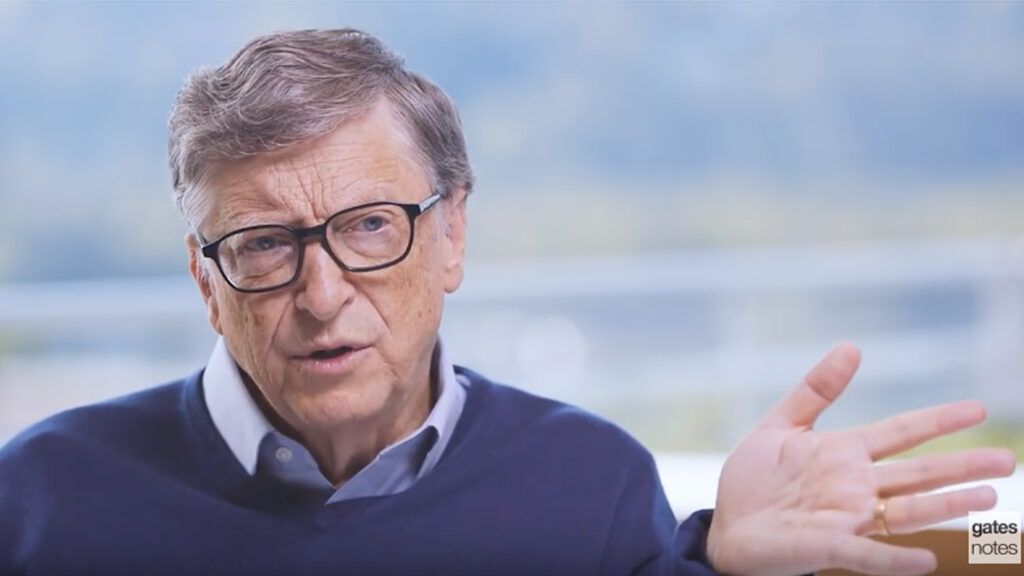Microsoft co-founder and billionaire Bill Gates has invested $50 million of his own money in the Dementia Discovery Fund, a venture capital fund that brings together government and industry to fight Alzheimer’s. In the future, he also plans to give an additional $50 million to startups working on Alzheimer’s research.
Gates tells Reuters that he’s “optimistic”.
Gates, who announced his contribution in November, says he decided to focus on Alzheimer’s because of the human and economic costs, not just for the patient but for family members, too, as well as the cost to the health care system.
Alzheimer’s disease has struck members of Gates’ family. Although his primary motivation was not his family experience, he is aware of the toll the disease takes on families.
“This is something I know a lot about, because men in my family have suffered from Alzheimer’s,” the philanthropist wrote in his blog.
“It’s very tough,” Gates said in a video posted on his Twitter feed. “It’s like a gradual death in terms of someone that you knew.”
He say he hopes to support advances in 5 areas: researching the cause, diagnosing the disease (and slowing its progression), supporting new theories, making the drug trial process quicker and bringing all the data together for researchers.
Alzheimer’s is the 6th leading cause of death in the United States and affects more than 5 million Americans, according to the Alzheimer’s Association. By 2050, the number of people affected could reach 16 million. Medication and other therapeutic methods may help but they do not deter the progression.
Alongside the $100 million, Gates says he would award a grant in building a global dementia platform. He explains that this would make it easier for those researchers to get a head start in pattern-tracking and treatment paths.






